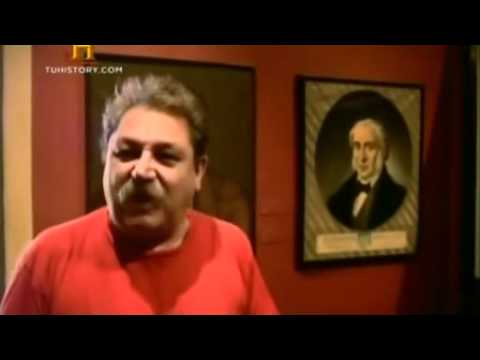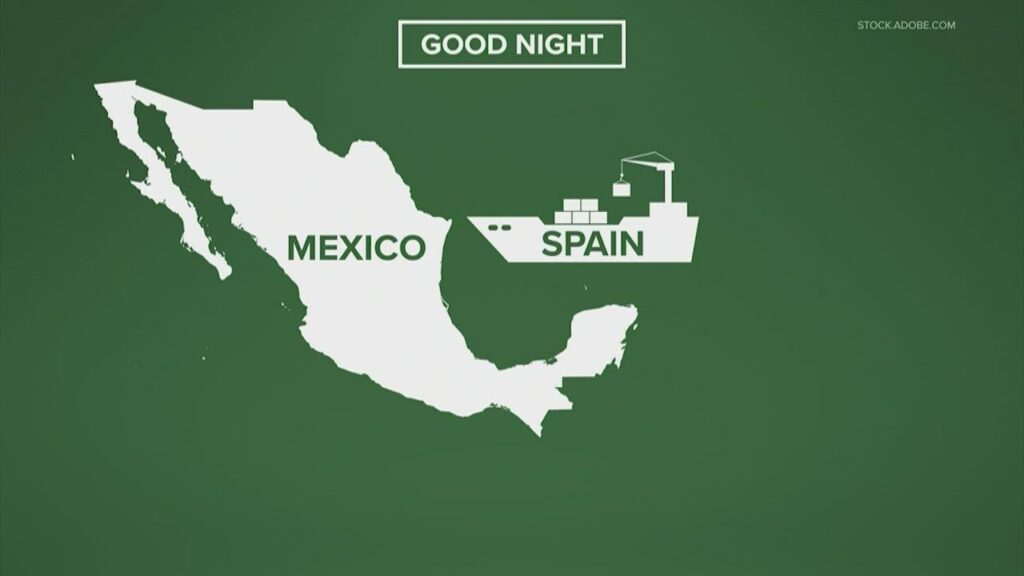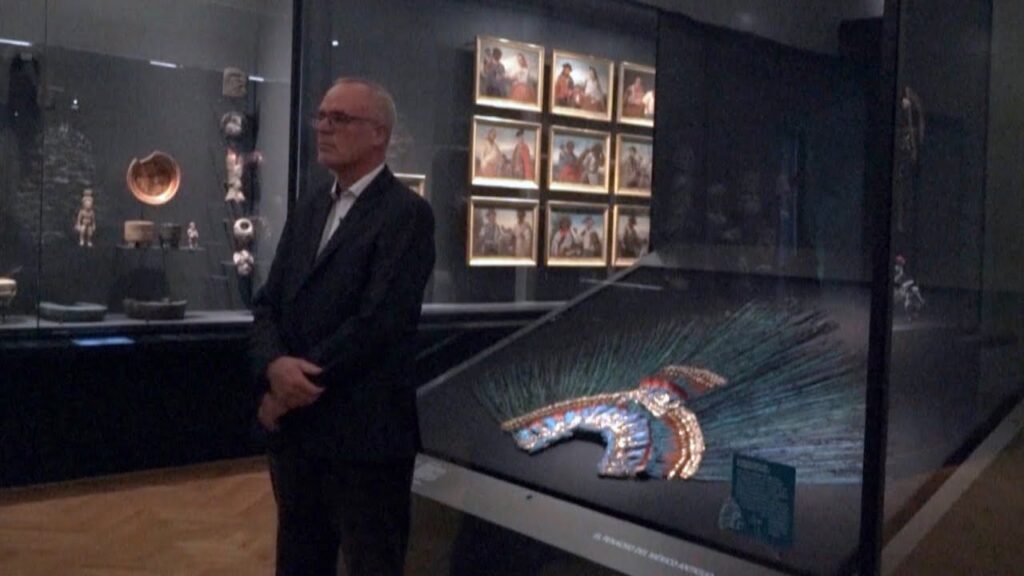Uncovering the Life of Epigmenio González
Epigmenio González was a pivotal character during Mexico’s fight for independence from Spanish rule. Born in the mid-18th century, his life was steeped in the early revolutionary struggles that would shape Mexico’s identity. An unsung hero, González’s contributions to the cause were vital, yet his story remains largely untold, obscured by the passing of time. This enigmatic figure laid down both intellectual and tangible arms for the freedom of his people, embodying the spirit of Mexican adventure and resilience.
Intriguingly, González was not just a man of action but a visionary thinker. His early life was marked by a fervent dedication to education and the spreading of Enlightenment ideals. The passion for these principles led him to clandestinely promote independence, a quest that would define his legacy. His home in Querétaro became a secret meeting place for other like-minded revolutionaries, a historical detail that paints a vivid picture of the clandestine nature of heroism during this turbulent period.
On the frontline of historical change, Epigmenio González demonstrated immense courage by taking a radical stance against colonial authorities. His role in amassing and hiding a substantial cache of weapons for the insurgent army underlines his commitment to the liberation of Mexico. These weapons would later be instrumental in key battles, showcasing how his logistical support was as significant as the physical battles fought by the soldiers.
Beyond his revolutionary activities, González’s impact extended into the social fabric of Mexico as well. He viewed independence as a pathway to social justice and equality. His endeavors for a free society were not merely political but humanistic, advocating for the rights of Indians and Mestizos alike. This ethos of inclusivity would later resonate throughout Mexican history, highlighting the unity required for a successful revolution.
Throughout his lifetime, Epigmenio González faced numerous challenges, including imprisonment for his actions against the Spanish Crown. However, even behind bars, his influence did not wane. Letters and documents bear witness to his unbreakable spirit and commitment to the cause. As we unravel the layered narrative of his life, we become aware that the true measure of adventure often lies in the ideals one fights for—not just the battles won or lost on the physical plane. González’s life stands as an embodiment of these virtues, an inspiration for generations of adventurers seeking to make an impact with their own lives.
The Untold Legacy of Epigmenio González
Epigmenio González was far more than just another figure in the annals of Mexico’s rich history. Born in the 18th century in Querétaro, his name may not echo as loudly as the likes of Hidalgo or Morelos, but his contributions to the cause of Mexican independence are undeniably profound. Delving deeper into Epigmenio’s past takes us to the heart of a clandestine operation that saw covert meetings and the amassing of arms, all in the name of freedom from Spanish rule.
In the shadow of the better-known Independence leaders, González worked relentlessly, funneling resources and information to fuel the fires of revolution. It was his tireless efforts that planted seeds of rebellion among the people, even before the famed Grito de Dolores. His role was pivotal in the initial phase of the fight for independence, and the weapons he managed to gather were instrumental in arming those who were ready to stand against the Spanish oppressors. Despite his paramount importance, Epigmenio’s story often slips through the pages of mainstream history.
The legacy of Epigmenio González is not only found in the museums or streets that bear his name but also in the spirit of the Mexican people, whose fight for sovereignty benefited greatly from his bold actions. The untold chapters of his life reveal the unsung heroism of a man whose dedication to the cause of liberty was unwavering. As we trek through the diverse landscapes of Mexico and relish its vibrant culture, it’s crucial to remember the silent sacrifices made by González and countless others, which allowed this country to flourish as a sovereign nation.
Epigmenio González: A Tale of Poetry and Patriotism
In the pages of Mexico’s rich history, the name Epigmenio González stands as a symbol of both literary might and unyielding patriotism. Born in Querétaro, González’s life played out during an era ripe with the fervor of Mexican independence. While many know the tales of Hidalgo and Morelos, González’s contributions were woven through his stirring words and clandestine activities, leaving behind a legacy that both poets and patriots alike can admire.
González was not only a poet but also an active participant in the early movements seeking Mexico’s liberation from Spanish rule. His passion for his country’s freedom found its expressions not just in the hidden corners of whispered rebellion, but also in the bold lines of his poetry. Characterized by fervent calls for liberation and justice, González’s work provided a voice to the silent wishes of many Mexicans who dreamed of sovereignty and self-determination.
Beyond the pen, Epigmenio González fervently engaged in the logistical side of revolution. His role in amassing weapons for the insurgent forces made him a key player in the push for independence, risking his life to fuel the fires of revolution. Despite the dangers, he remained unwaveringly committed to the cause, earning him a revered spot in the pantheon of Mexican heroes. While others debated tactics and plans, González’s actions spoke louder than words, creating the conditions necessary for change.
In the wake of independence, the story of Epigmenio González serves as a stirring reminder of the power of courage and the arts. As one explores the vibrant streets of Querétaro today, it’s easy to imagine González moving through these same paths, a steadfast figure ready to face the challenges of his time. His life—a blueprint of dedication—inspires new generations to blend their creative passions with their innate patriotism, proving that the pen and the sword can be equally mighty in the hands of a resolute hero.
The Tragic Fate of a Mexican Revolutionary Poet
The annals of Mexican history are rich with tales of heroism, rebellion, and the arts, often intertwined during the tumultuous times of the early 20th century. Among these narratives resides the poignant story of a poet whose verses captured the spirit of a nation under the yoke of political unrest. The Mexican Revolution, a complex and protracted struggle that started in 1910, set the stage for the emergence of literary voices that echoed the people’s fight, love, and deepest sorrows. Our poet was not only a witness to these historic events but also an active participant, using his pen as a sword in the battle for freedom and equity.
His poetry, vibrant and often searing with the fervor of revolution, earned admiration from his contemporaries and the generations that followed. Yet, in the paradox that often accompanies those who burn brightly against the backdrop of societal upheaval, his own light was extinguished in an act of tragic violence. It is said that his words threatened those in power, as they resonated with the disenfranchised and offered visions of a world where justice and dignity prevailed. In a cruel twist of fate, the gift that made him a beacon for change also painted a target on his back.
The end came swiftly and brutally, silencing the once vibrant voice of defiance. His untimely death sent ripples through the nation, as both the literate and the laymen mourned the loss of a cultural icon who had bravely spoken truth to power. So powerful were his compositions that they continued to inspire long after his demise, becoming anthems for continued struggles and a reminder that words can indeed be mightier than the sword. His legacy was not only etched in the pages of history but also in the hearts of the Mexican people.
In examining the life and ultimate fate of this revolutionary poet, one cannot help but reflect on the cost of dissent and the price of art in the face of oppression. His story is a testament to the influence of literature and its capability to mobilize the masses, as well as a sobering reminder of the lengths to which authoritarian regimes will go to stifle the voices that seek to challenge them. Even now, the tragic fate of this skilled wordsmith resonates with those who understand the power of the written word and the inherent dangers that come with speaking truth to power.
How Epigmenio González’s Story Influences Mexican History Today
Epigmenio González’s legacy in Mexico echoes through every street named after him and every schoolchild who learns about his role in the fight for Mexico’s independence. As an insurgent who played a significant part in the early stages of the insurgency, González’s story inspires modern Mexicans to remember the values of courage and commitment to a cause. This historical figure bestowed a sense of national pride that can be seen in the numerous monuments and plaques dedicated to his memory across the nation. His tale continuously serves as a reminder of the sacrifices made for the freedoms enjoyed in contemporary Mexico.
Moreover, González’s involvement in the independence movement transcends mere historical facts and figures; it sets an example of the power of individual actions contributing to a larger societal change. His clandestine activities, particularly the significant event where he supplied arms to the rebel forces, exemplify the kind of grassroots support that was crucial in the fight against colonial rule. Today, his story is often cited as a motivational force that encourages civic participation and political activism, reflecting the enduring influence of his actions on the Mexican sociopolitical landscape.
The values embodied by González’s story are also reflected in the educational system and cultural ethos of Mexico. His staunch advocacy for independence and unwavering resolve is a benchmark against which current movements and struggles for rights and liberties are measured. As contemporary Mexico faces its own set of challenges, the collective memory of Epigmenio González’s dedication to his cause continues to galvanize public discourse and action. It is a tale that fortifies Mexican identity and instills a shared responsibility towards upholding the principles for which the nation’s forefathers, like González, fought valiantly.



